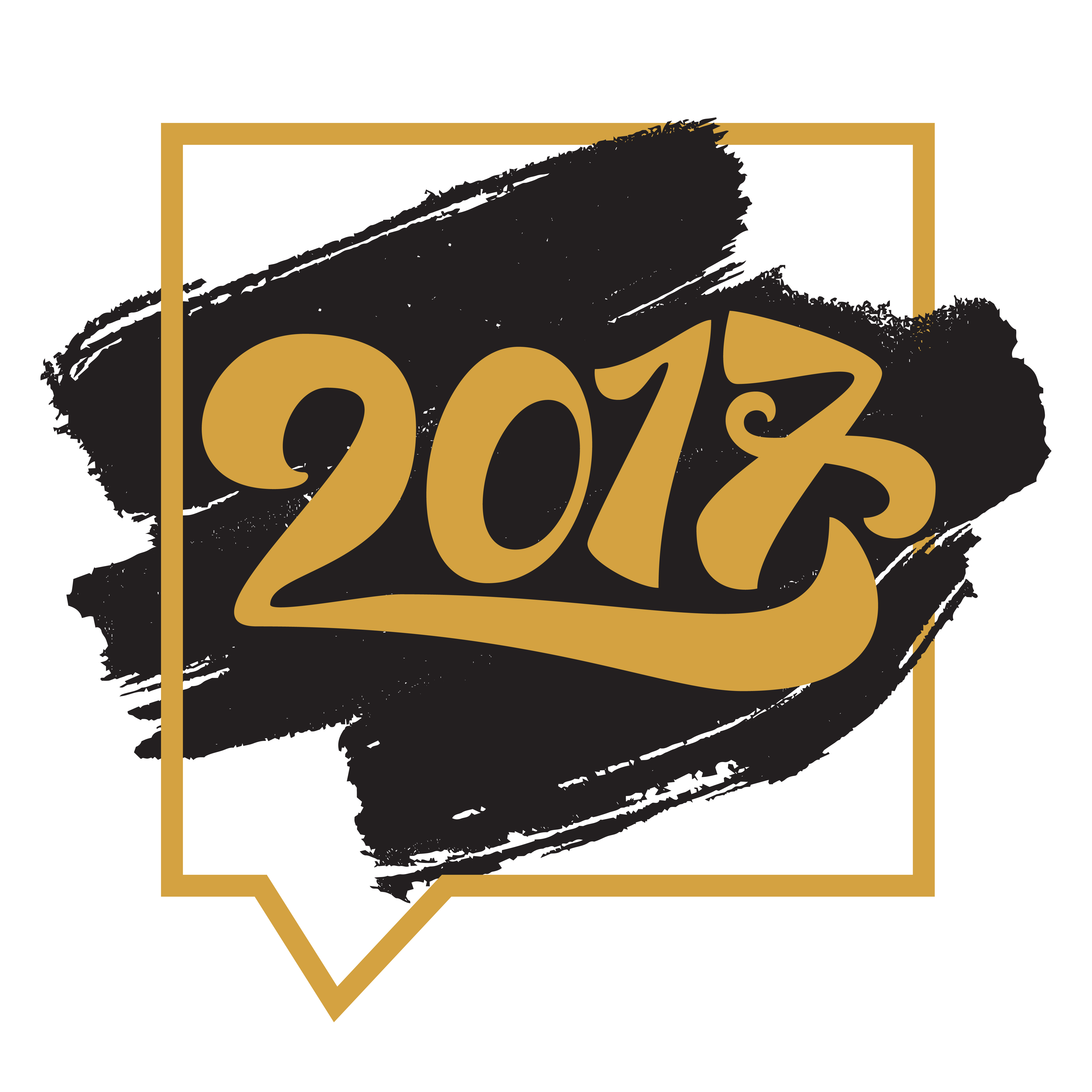
Not only is it important to have a website these days – but even more – one that can be found! “Optimizing” your website is the act of detailing each page with titles, tags and copy so that the web crawlers can understand and know what is on your site. The more optimized your site, the easier Google can find you, and the more likely you will appear at the top of the search engine results.
Creating Keywords
Keywords are another tool that help some search engines identify the content on your page. The more specific you can get when creating your page title and keywords, the easier time the search engines will have when the “crawl” your page to know your content.
Keywords should match your page titles – so if you have a good page title, you’re almost there for your keywords! You should list 3-5 keywords or keyword phrases that explain the content on your page. If you created a page title, use the same descriptive words as your keywords.
Google Trends is now where you can look up keywords or search terms to see what people are looking for that would help them find your website. Example of this is the the word “remodel” is searched 32% of the time while the word “remodeling” is searched 51%. However, if you check Google Insights in the last 3 months that has switched. That is why it is SO important to stay on top of your keywords so that your site stays relevant to what people are looking for.
Creating Page Titles
The page title describes what content is listed on each page on your website. Sometimes, websites use the main subject of the page as the page title, with a short two-word description. By spending time and creating unique titles for each page of your website, your site will appear higher on search engine results.
Page titles will appear in the first line of the Google results. Before people see your business name or URL, they will see your page title. It’s important to have accurate, descriptive page titles so that Google knows how to help users find your website.
To name your pages, start with your business (or website) name. Then use a | symbol to separate to the Keyword/Topic of that page
As you create your page titles, remember:
· Accurately describe each page in the title – don’t use an automatic title like “Page 1.” Also, don’t leave your page title too short . Add your location, business name, etc. But they shouldn’t be more than 70 characters
· Create a new page title for EACH page – show how your page is distinct from the others.
· Make your page title brief, yet descriptive. Don’t make the title too long so that it doesn’t show up in the results. Also, don’t try to trick users and stuff keywords into the title.
· Make sure to use keywords in your page title – to find keywords go to Google Insights to find the words people are typing in to find your type of content.
Moz provides a visual tool that has helped me understand what works best.
Creating Quality Page Content
It’s important for your page’s content to be valuable to your page users. While it’s tempting to write for search engines (dumping keywords in the text, making standardized and simple text), it’s important to keep in mind that your primary audience should be your potential and current customers. Some will be novice, and need words and acronyms broken down, while others will be more experienced. Just like the range of questions you will get in your store, the same goes for website users. To reach all potential customers, write your copy to reach both groups.
For example, we specialize in “Search Engine Optimization.” For experienced marketers, they know what this term means and often refer to it as “SEO.” For others not in our industry, they might refer to our business as “Making your website found by Google” or simply asking the question, “How can I get my website at the top of Google?” Having these phrases in the content of your website is important so that Google’s Crawlers can find them.
Not only is it important to write to all of your audiences, but find ways to keep your content fresh. Add value to your site through a blog, or by updated content


